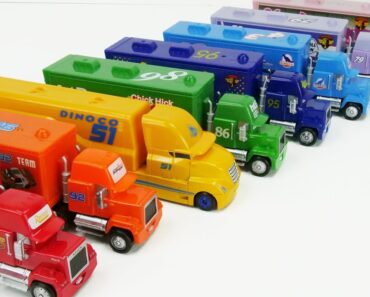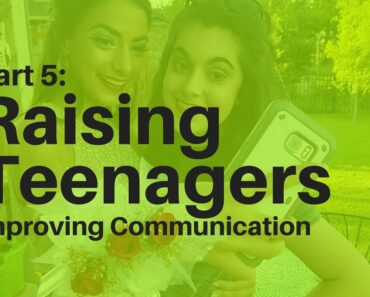The show is the first animated superhero TV series to feature African characters and focus on science and tech.
Former HIV/AIDs researcher turned media producer Vanessa Ford co-founded the women-led children’s entertainment company Kukua in 2018. Since then, she has become the driving force behind Super Sema, the first animated superhero TV series to feature African characters and have a focus on science and technology. (Lupita Nyong’o voices the grown-up Sema, whose younger self fights villains using “technovating” powers.) Once based largely in Hollywood, Ford’s industry is being increasingly decentralized: She’s from Toronto and now lives in Lisbon, while Kukua is based in both Nairobi and London. The series has amassed 70 million views since its debut on YouTube Originals in 2021. Now, Ford is building a full-blown franchise around the characters—a Super Sema toy line and Penguin book series will hit the market later this year.
Based in: Lisbon, Portugal
Degrees: B.Sc. in human biology (University of Toronto) and M.Sc. in global health (Oxford University)
My goal in life:
To figure out how to get people to see that we are more alike than we are different. What I know for sure is that I’ve become increasingly comfortable with showing who I am. It wakes up others to their own truth and brings people together.
My earliest memory:
I was three years old in a predominantly white French-immersion pre-school. I was the only Black child in the class. My best friend took me to the bathroom and started scrubbing my face and hands with wet paper towel. I asked why she was doing it and said she was trying to get the dirt off my face. I realized then that my light-brown complexion meant I was different.
I thought I’d grow up to be:
The next Oprah. She’s a successful media figure and a woman who looks like my family. People listen to her and respect her. She is revolutionary.
My first job ever:
I set up a grocery-delivery service when I was 10 years old. I lived in an apartment complex with a lot of elderly tenants and would often help them as they struggled to carry their groceries from the store across the street, so I saw an opportunity to do that as a business. But then I got so many clients that I had no time to do my schoolwork, so it didn’t last very long.
My biggest growing pain:
Starting a family early. My first son was born just after I graduated from Oxford. I was excited and terrified. I already had a job as a consultant lined up, and I wondered how I would manage as a young working mom. But becoming a mother gave me a strong sense of clarity. Now my three kids are my greatest source of inspiration—and Super Sema’s best focus group.
My most memorable mistake:
Trying to fit into predominantly white and male-dominated spaces early in my career. I shrunk my voice, tied my hair back and wore different clothes. When I took off the mask that I’d created over the years, success followed. Before that, I thought I was fighting for a seat at the table, but I’ve realized that my career is about creating my own table.
One thing that needs to change in my industry:
We need more diverse voices in the storytelling process. Three-quarters of animated characters on TV remain white. As a Black girl who majored in science, I didn’t see anyone that looked like me when I watched cartoons or walked into a chemistry class. Sema is the role model I wish I’d had growing up.
The word I most overuse:
“Energy.” We’re all responsible for the energy we create for ourselves and the energy we bring to others. It’s our currency, so we have to spend it and invest it wisely.
I never confuse:
Passion with an emotional high. Passion is the fuel all founders need to drive them, but many confuse it with a rush of excitement that gets them going. That eventually runs dry. Passion requires a deep excavation to find out what motivates you.
My version of a power suit:
I delivered the keynote speech on opening night of the Collision Conference this year wearing a lime-green suit and a pair of colourful retro Nikes. I felt invincible. But my true superpower comes from my Afro. My hair is my calling card—the physical manifestation of my confidence.
My current obsession:
Mentorship and building a sisterhood. What’s most important is that this community is intergenerational. Young people have insights and instincts that are less encumbered by some of the attitudes that have held back marginalized people in older generations for a long time. So, it’s not only refreshing to be mentored by the next generation but it’s also essential.
This essay is part of Canadian Business’s How I Made It series, which spotlights success stories of note-worthy Canadians in business today.

































